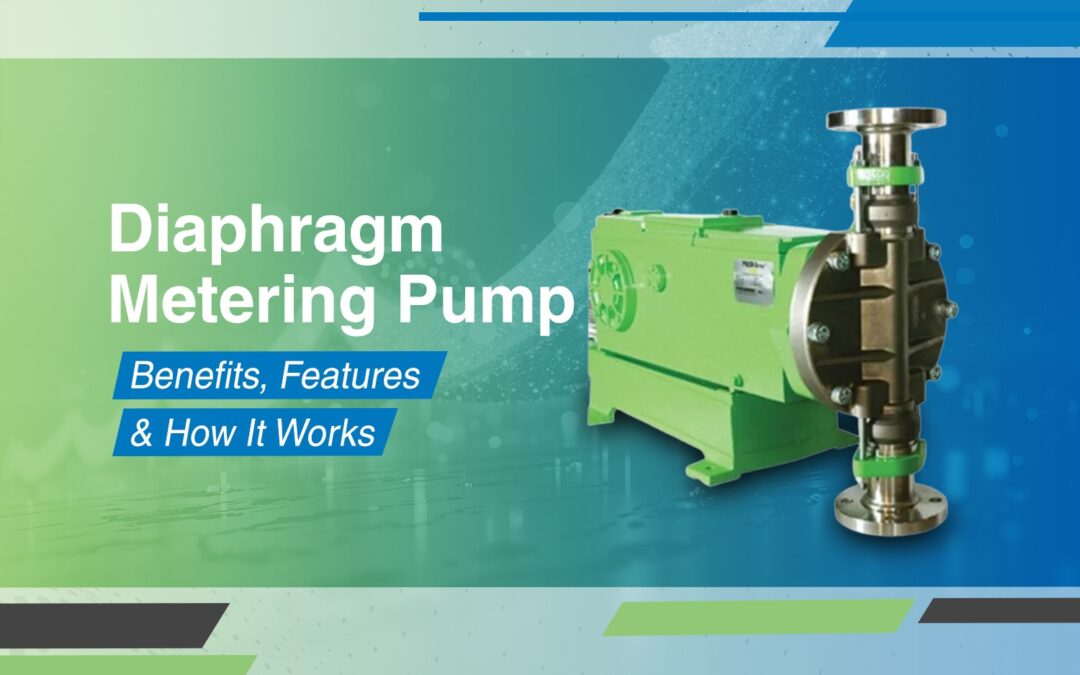Precision and control are vital in fluid metering. Many industries rely on accurate chemical dosing. Water treatment needs exact chemical concentrations. Oil and gas operations require safe handling of aggressive fluids. Accurate fluid management improves safety. It also boosts process efficiency. Diaphragm metering pumps offer a reliable solution. These pumps are built for precise delivery. Their robust design ensures accuracy. That’s why they’re used across many sectors. Water treatment, oil and gas, and chemicals all depend on them. This blog explains how they work. It also covers benefits, features, and how to choose the right one.
